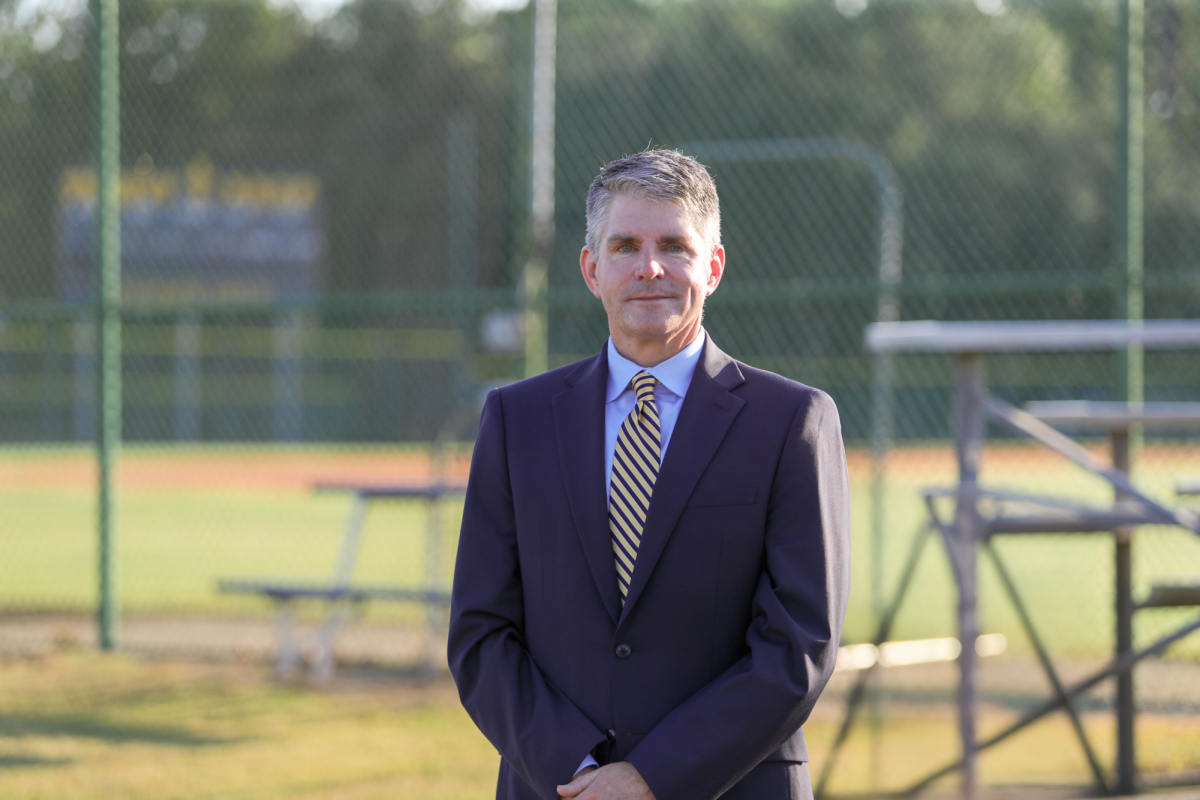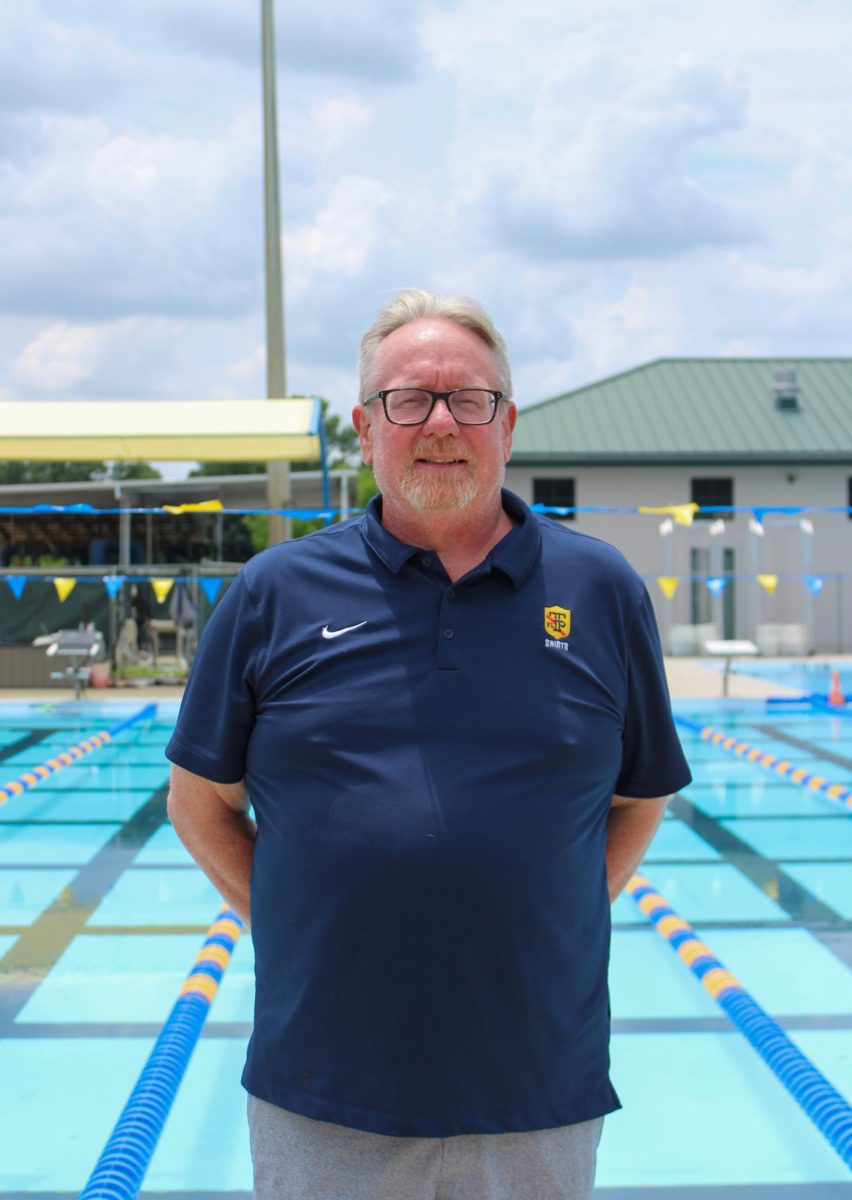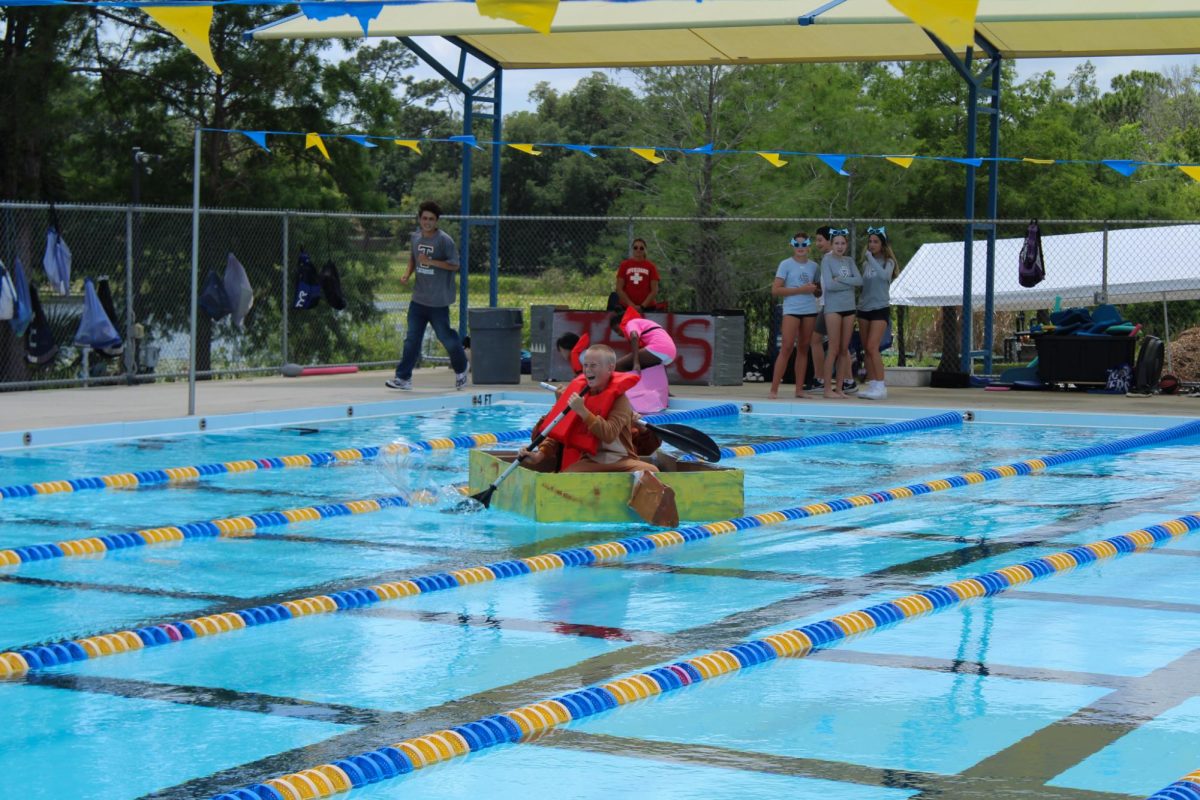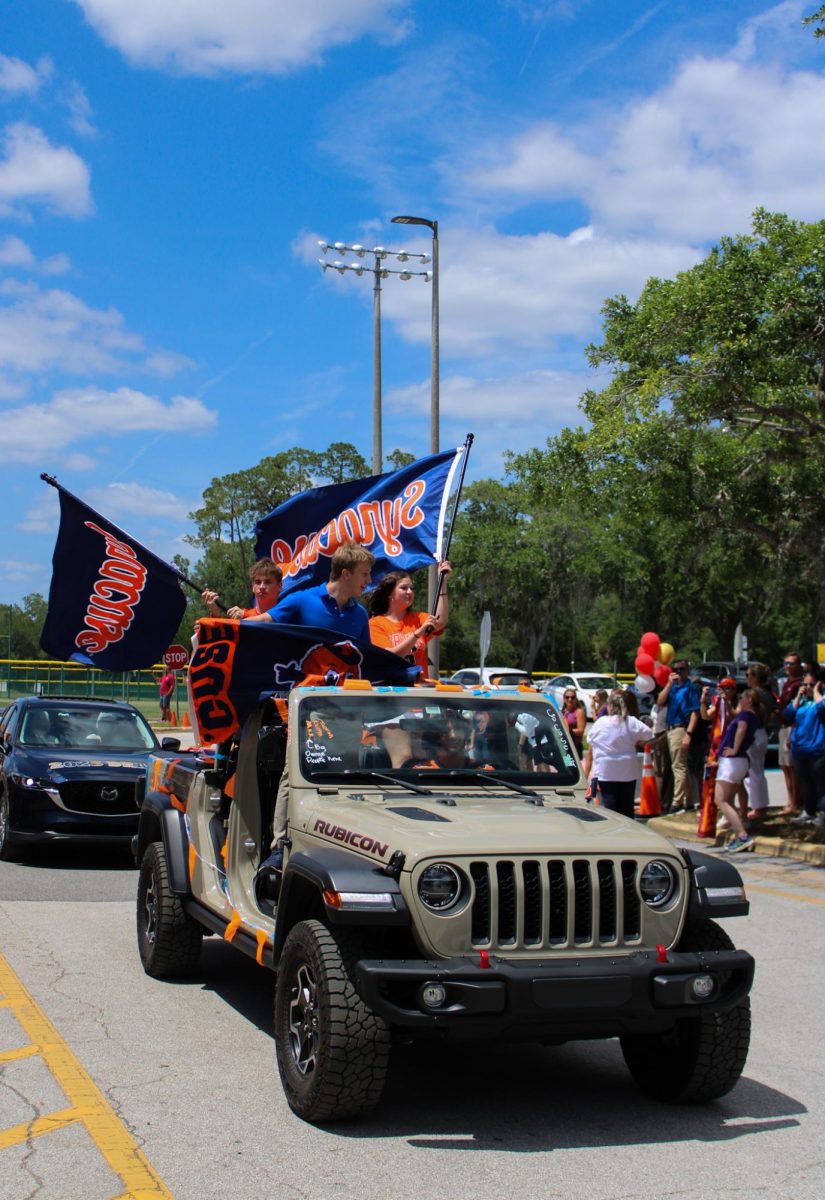Starting in September, Trinity Prep has partnered with South African schools to code rockets and sensors for the ISS, with all the data going to MaxIQ Space. Alex Podchaski, the technical lead of the program, and James Hawley, a senior in the program were vital to its success.
“Mr. Lawson decided that it was a good idea to enter into the partnership agreement with Parklands and with MaxIQ on this project to give our students an opportunity to start learning how to put [sensors] into space,” Podchaski said.
After South African College approached the school for a potential partnership, Podchaski hosted a meeting in Parklands, South Africa, to look further into MaxIQ, the company that has the sensors and kit.
“There are also colleges and other schools throughout South Africa and the United States that are also participating, so this is a really unique program to try and introduce space education in South Africa through partnerships and other countries,” Podchaski said.
Hawley’s proximity to the Space Coast helped influence his decision to join the program.
“I’ve always thought that it was cool seeing the rockets launch and to have the ability to actually put something up there and put something on the ISS,” Hawley said. “It’s almost like a once-in-a-lifetime opportunity, so I had to take it.”
Trinity students are collaborating closely with their peers in South Africa to perform a variety of tasks in order to help collect data for MaxIQ Space.
“We work with our two schools to actually develop those circuits, do any of the code that will actually help us, collect the data, and just collaborate on the project there,” Hawley said.
Podchaski holds an important position on the team, making sure all students are engaged and ready to help tackle any roadblocks.
“I am now the technical lead for the entire three-school project, so I’ll be overseeing the development of the sensor kits that we’re going to use as well as the overall coding process from all three schools,” Podchaski said.
While Podchaski makes sure students are on task, Hawley helps the team by figuring out what materials work well in space.
“My involvement with the Max IQ space program is developing the circuits that we are going to deploy on the ISS that will then help us collect data that we will then use to analyze different patterns we see,” Hawley said.
The Max IQ space program is exciting in that it provides Trinity students with the opportunity to meet people on the other side of the world.
“I think the program is special because I think this is a good opportunity to have a program where multiple kids can work together on a project along with collaborating with other continents to be able to work on,” Hawley said.
Podchaski shares personal words about the program and how unique it is to have the ability to work with people thousands of miles away.
“This is part of our mission to be global leaders and have an impact well beyond the borders of our school,” Podchaski said. This is an opportunity for our students to learn problem solving and have some really unique opportunities to do some pretty special things, not everybody gets to put something on board the International Space Station.”














Dan Cohen • Dec 6, 2024 at 9:54 am
Amazing insightful article! Well done, I am excited to eventually learn some follow up on the data collected.